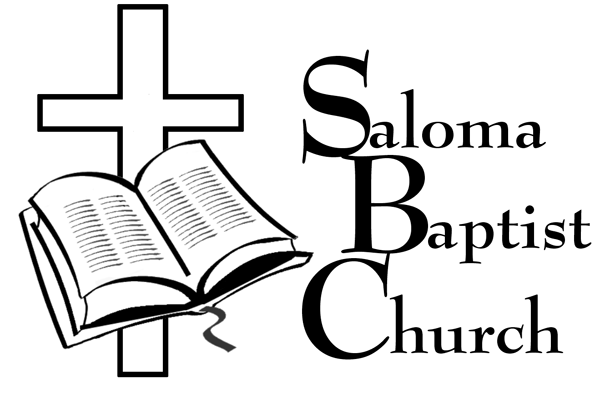The months of November and December are generally a very busy and relatively hectic season of the year with the series of holidays on the calendar. Prior to the COVID-19 pandemic at least, the few weeks from Thanksgiving through New Year’s are extremely busy and full of events, lots of fun and fellowship, lots of good food, and a special sense of warmth and good will. During 2020 of course, this season was dampened by the pandemic – and the uncertainty of things will probably have some impacts on this year’s activities during the upcoming holiday season.
Regardless of what we face in 2021, as individuals or as a community and country, there are some aspects of the upcoming season that we should all keep in mind. Even in the midst of a global pandemic, complicated economic times (low employment, shortage of labor to fill open jobs, supply chain delays, inflationary pressures, etc.), political divisions and unrest, spiraling rates of violence, widespread hatred and prejudice toward people who are different from us, and on goes the list of challenges, we are still very much a blessed people. We have much for which to be thankful for in this season of 2021. Let me point out the facts of these blessings – and I note that this blog will by no means cite all the blessings that we have received.
Let me name a few of these blessings:
God has saved us by His grace through our choice to receive Jesus Christ as Savior and Lord. He accomplished this by the substitutionary death of His “only begotten Son,” Jesus Christ, on the Cross at Calvary and by His resurrection power. In that instant of our salvation experience, we have received His gift of His Holy Spirit who is with us and indwelling in us at all times. Praise God.
God has blessed us with our spouses, our children, our grandchildren, and, yes, some even have been blessed by the birth of great-grandchildren. Next to our love of God and being a follower of the King of Kings and the Lord of Lords, we are to love our spouses and families who are great blessings indeed.
God has given us the ability to get an education, to work and make a living, to live in a good community where we have good friends and neighbors. He has generally given us good health although we all have, or will, encounter those times in our lives when we will encounter illnesses and challenges along the road of life.
God has blessed us with good friends and colleagues along the way. I have been most blessed by having had the opportunity to have a number of very close and very good friends.
God has blessed us to be a part of a very loving and compassionate church family known as Saloma Baptist Church. I am most thankful for this church family.
God has blessed us with the call to be “salt of the earth” (preservative) and “light of the world” (by which we demonstrate the transforming power of Jesus Christ by our words, deeds, actions, attitudes, etc.).
I think you get the point. Regardless of the circumstances of the pandemic and the times in which we live, we have much to be thankful for as the Thanksgiving and Christmas season approaches. Above all, we should remember with thankful hearts and with words and songs of praise and wonder, that God sent His Son to earth to be born in a lowly manger in an inconsequential place called Bethlehem, born to peasant parents, living the life of a carpenter’s son, to become the Savior and Lord of the world by His sacrificial death death at Calvary and His glorious resurrection from the dead, His ascension into heaven where He sits and intercedes for us right now with God the Father, and His gift of the Holy Spirit to be with us and in us! Praise be to God!
